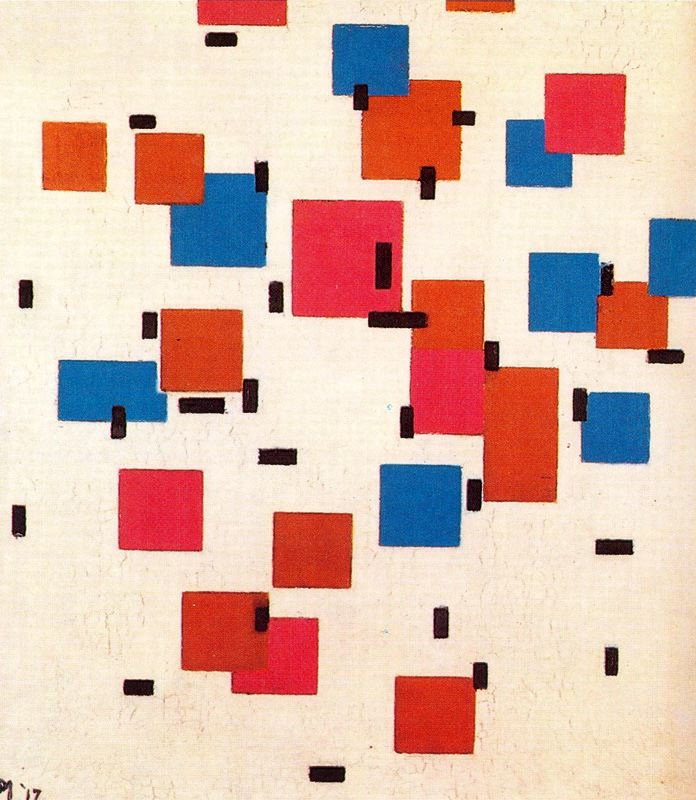Love & Law: The Aura of Prison Writing in Mexico, from the 1800s to the Present
DOI:
https://doi.org/10.13133/2239-1983/18788Abstract
La scrittura carceraria è stata in gran parte esclusa dal canone letterario del mondo ispanofono, anche se comprende nomi chiave che risalgono fino a Cervantes in Spagna e Lizardi in Messico: due dei pionieri di quello che oggi viene chiamato "romanzo". Partendo dalle analisi seminali sulla letteratura latinoamericana di Roberto González Echevarría, Ángel Rama e Doris Sommer, questo articolo affronta le seguenti domande: Qual è il potere della scrittura carceraria? Come possiamo interpretare il suo status di genere, sia in termini storici che contemporanei? E cosa condividono le forme contemporanee di scrittura carceraria con esempi molto più antichi? Per rispondere a queste domande, analizziamo le narrazioni carcerarie del XIX, XX e XXI secolo, tra cui i noti romanzi di José Joaquín Fernández de Lizardi e José Revueltas, e le narrazioni di scrittori emergenti, da Susuki Lee, Águila del Mar, Amatista Lee a Julio Grotten. Grazie a una "qualità auratica" che, secondo noi, deriva dalla loro capacità di sviluppare potenti contro-verità attraverso l'esperienza della reclusione, queste narrazioni rivelano e resistono alla sottomissione del soggetto da parte dello Stato, che interviene violentemente nella politica e nella vita privata. La nostra tesi è che il potere della scrittura carceraria risiede nella sua capacità di capovolgere il discorso legale, sponsorizzato dallo Stato, attraverso la produzione di storie alternative narrate dall'interno del carcere e dal basso; e che queste sono contemporaneamente fondate sul discorso legale.
##submission.downloads##
Pubblicato
Come citare
Fascicolo
Sezione
Licenza
Gli autori che pubblicano su questa rivista accettano le seguenti condizioni:- Gli autori mantengono i diritti sulla loro opera e cedono alla rivista il diritto di prima pubblicazione dell'opera, contemporaneamente licenziata sotto una Licenza Creative Commons - Attribuzione che permette ad altri di condividere l'opera indicando la paternità intellettuale e la prima pubblicazione su questa rivista.
- Gli autori possono aderire ad altri accordi di licenza non esclusiva per la distribuzione della versione dell'opera pubblicata (es. depositarla in un archivio istituzionale o pubblicarla in una monografia), a patto di indicare che la prima pubblicazione è avvenuta su questa rivista.
- Gli autori possono diffondere la loro opera online (es. in repository istituzionali o nel loro sito web) prima e durante il processo di submission, poiché può portare a scambi produttivi e aumentare le citazioni dell'opera pubblicata (Vedi The Effect of Open Access).


